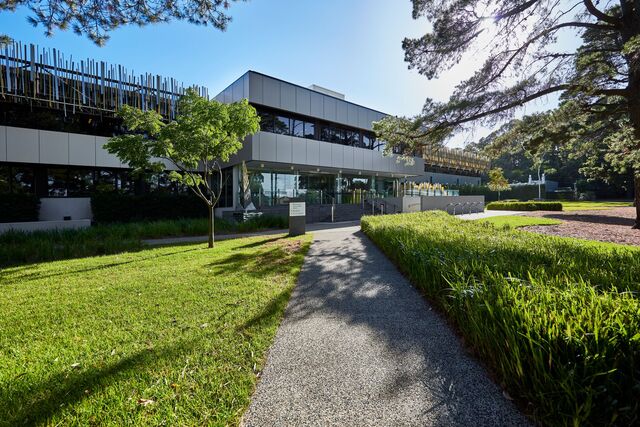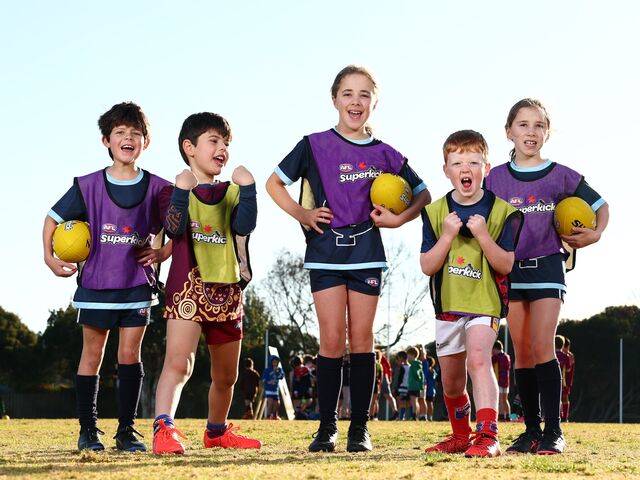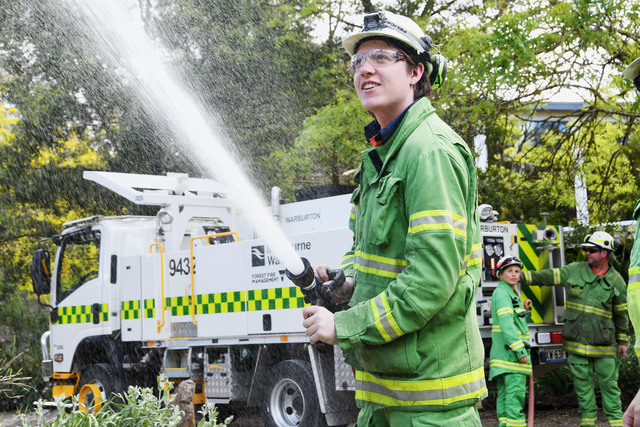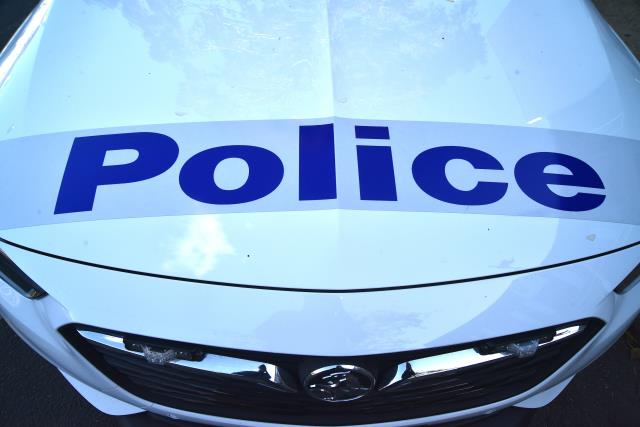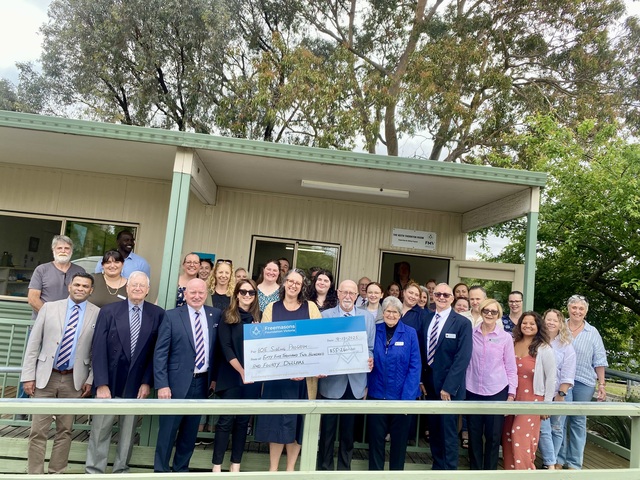Setting an ambitious goal to ensure that eight per cent of their active suppliers are certified First Nations-owned businesses by 2030, Yarra Valley water has committed to spending over $16 million over the next six years to achieve this goal.
This initiative to increase that percentage came about through the utility’s focus on integrating Environment, Social and Governance principles into their functioning.
“We’ve been on this journey for a long time. As a Water corporation we have a fundamental role to support not only the health and wellbeing of current and future generations, it’s also about the bigger role we can play in building thriving communities and the environment,” Yarra Valley Water chief financial officer Natalie Foeng said.
“We’re currently developing our third Reconciliation Action Plan. Part of this includes building strong relationships with Traditional Custodians, First Nations People, promoting self-determination, and enabling active involvement in planning and managing water resources.”
“Procurement is a key area of opportunity and we’re striving to increase both the number of our active suppliers that are certified First Nations businesses and our direct spend with them.”
The current target for First Nations-owned businesses in 2024 is four per cent.
“We work closely with First Nations chamber of commerce such as Kinaway and Social Traders, and we bring together our partners in supplier forums to share and learn from each other,” Ms Foeng said.
“In doing so, we are applying a learning and innovation mindset. By multiplying that learning across the supply chain, creating new connections and partnerships, we all continue to challenge the way we procure and operate.
“We know that our spending decisions can drive significant social and environmental outcomes. Our aim is to increase our partnerships with First Nations and social enterprises.”
Along with increased First Nations representation, Yarra Valley Water intends to increase their number of suppliers who are certified as social enterprises to five per cent by 2030.
So far the utility has partnered with Have a Dig, an Aboriginal-owned business and Enable, a social enterprise, decommissioning 653 laptops in a sustainable manner that addressed e-waste. The laptops are then donated to students in need through partnerships with organisations such as Banyule Council.
“We all want our communities to thrive. We know that when organisations build social and sustainable procurement into long-term planning, they are able to deliver numerous benefits to communities,” Ms Foeng said.
“Businesses that invest and operate sustainably create real, meaningful and lasting returns. This type of economic value reaches far beyond financial returns, its building economic capacity.
“Ultimately, we generate returns in the form of environmental, social, human and intellectual capital back into the community. Everyone has a role to play. Water corporations have the privilege of serving the community and so that is the role we can play.”

